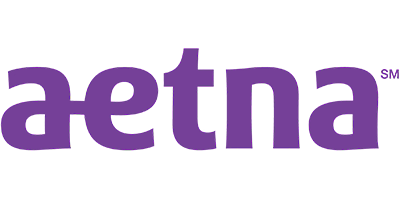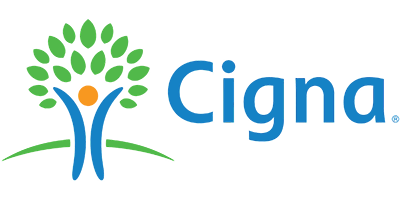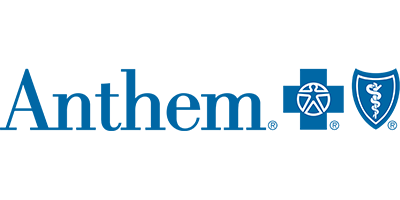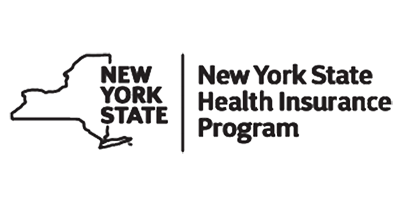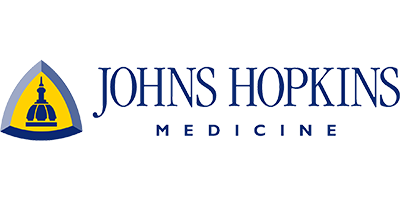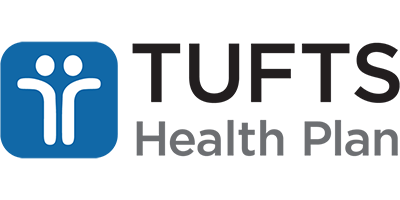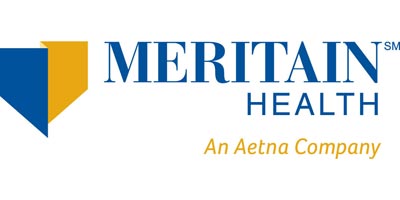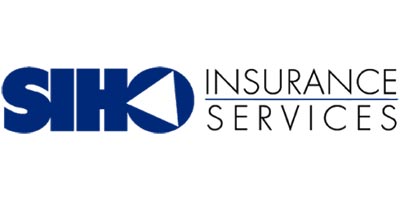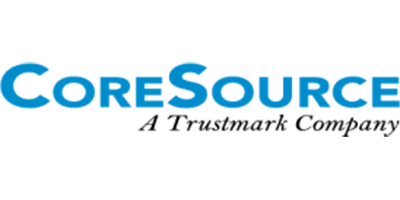
Ava Recovery is an ideal solution for those seeking OCD and addiction treatment in Austin.
Ava Recovery is a drug rehab in Austin that offers addiction and dual diagnosis treatment. Contact our admissions team today to learn more about our Austin dual diagnosis treatment center.
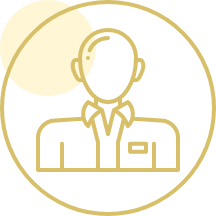
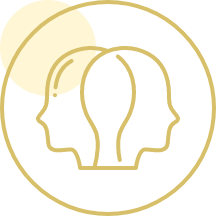
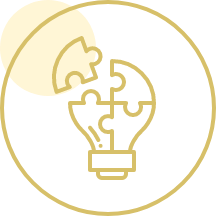
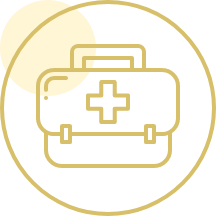

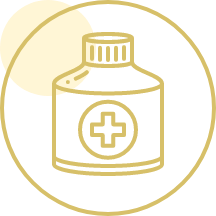



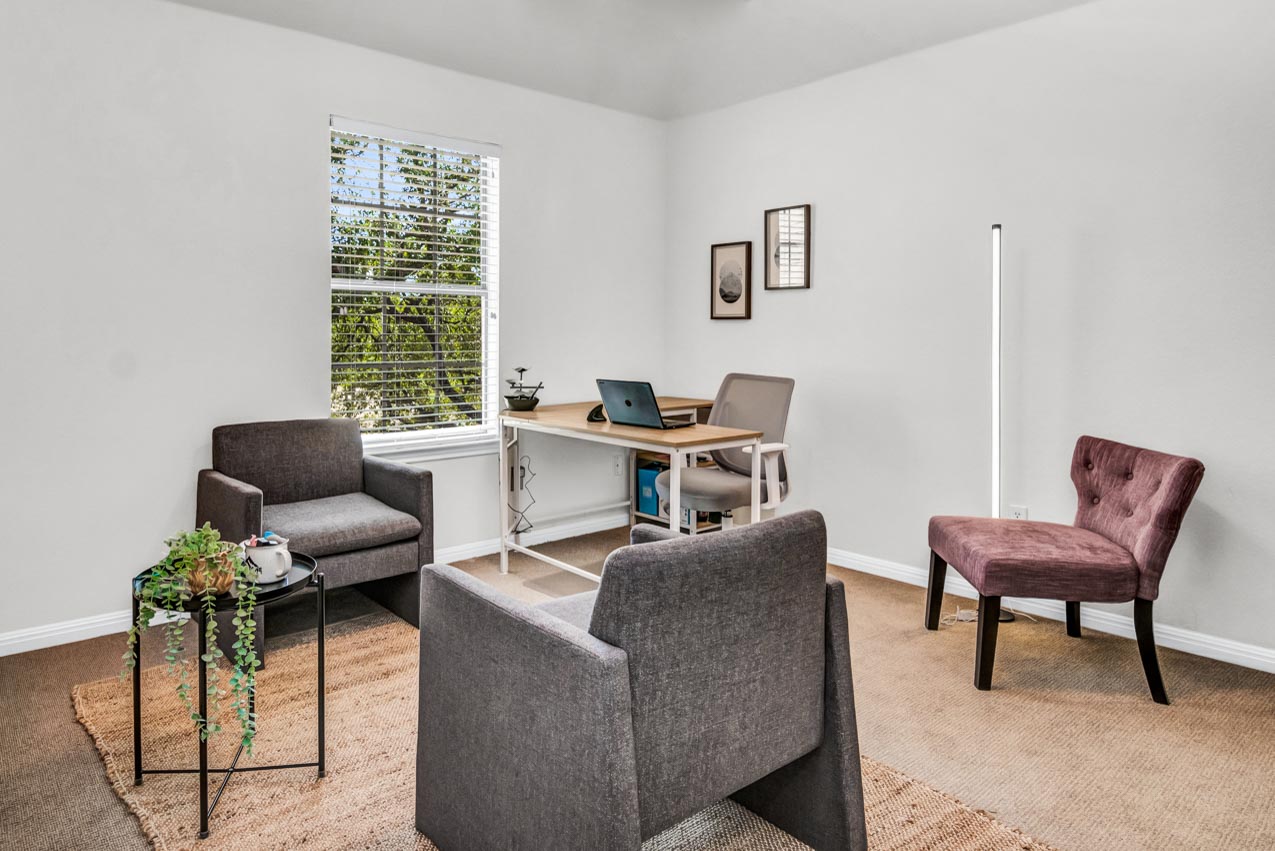












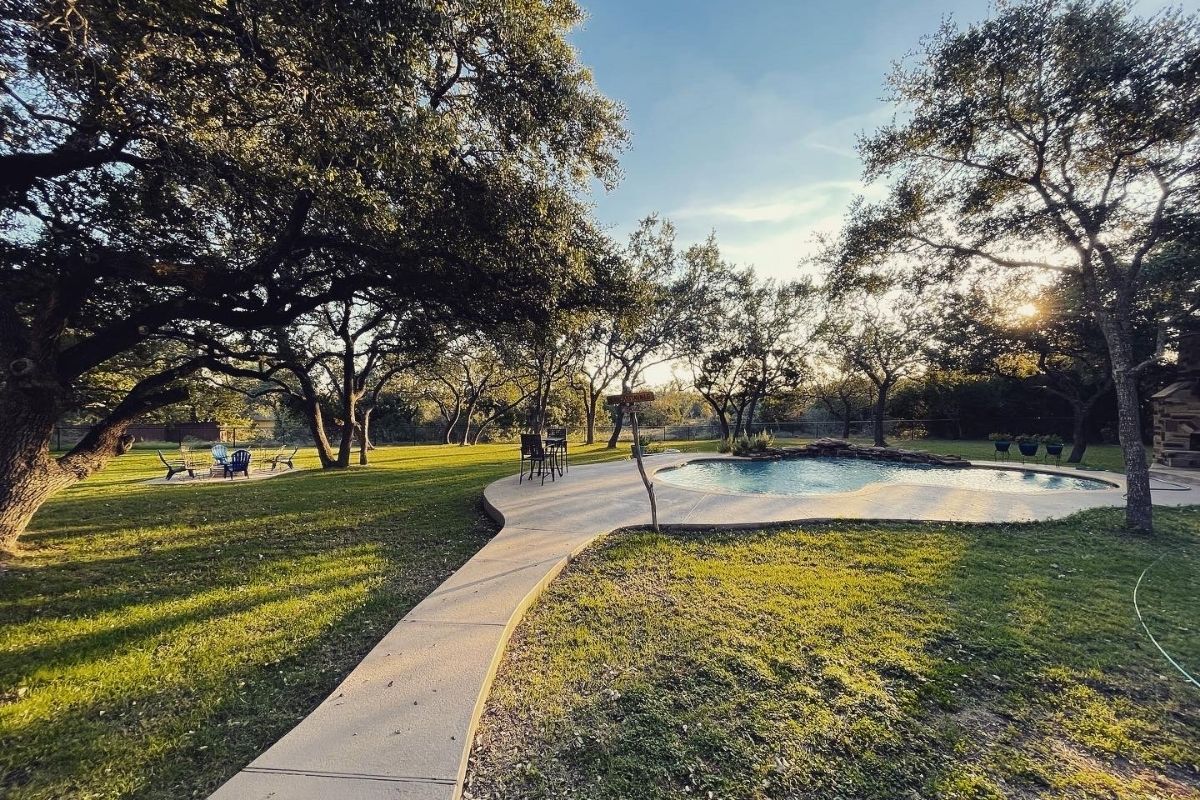

While OCD often goes undiagnosed, current statistics indicate that 2.3 percent of the United States population will experience OCD at some point in their life. Substance use disorders are also incredibly common and are a leading cause of disability in the United States. In fact, 16.5 percent of the US population aged 12+ met the criteria for a substance use disorder at some point in the past year in 2021.
Research shows that people with OCD are at a heightened risk of developing substance use disorders. One may turn to substances to cope with the strain of unmanaged OCD symptoms, which can lead to addiction. If you experience co-occurring conditions alongside a substance use disorder (SUD), it’s crucial to find treatment that addresses both. In doing so, you’ll learn adequate coping skills, reduce your risk of relapse, meet personal goals, and achieve whole-person healing,
Providers in substance abuse and mental health treatment spaces must understand OCD to identify and treat symptoms appropriately. Getting OCD and addiction treatment in Austin at Ava Recovery means you will get help from experts who understand both conditions and have helped people in your shoes succeed.

OCD can affect all parts of life. You may notice that it puts strain on work, school, interpersonal relationships, or your ability to engage in daily life activities, like household chores, as expected. To detail how OCD and substance use influence each other, it is critical to first understand what OCD is and how it can manifest.
OCD is a diagnosis characterized by recurring obsessions and compulsions. Obsessions can take many forms and may involve interpersonal relationships, contamination, order and symmetry, harm to others or oneself, and other intrusive thoughts. Sometimes, compulsions manifest in the form of behaviors like excessive hand washing, repeating words or phrases, confessing, and “checking” behaviors (e.g., checking to make sure the door is locked). Other times, they’re strictly mental. For example, counting in one’s head or silently repeating words.
Having OCD can come with intense emotional anguish. Feelings of loneliness, fear, stress, and hopelessness can all arise, especially without support. It may feel inescapable, but research shows that treatment for OCD works. Since the prevalence of substance abuse in those with OCD is likely related to the additional challenges that come with OCD symptoms, it’s also relevant to note that OCD and substance abuse can have some of the same negative effects.
In addition to substance abuse, OCD is linked to more elevated rates of all of the following:
Once a person starts using substances, they may develop an addiction, physical dependence, or both. Unfortunately, this can lead to worsened symptoms. For example, an increase in social isolation or withdrawal from others, negative thoughts about life or oneself, and all of the consequences that drug and alcohol use carry to begin with. The good news is that, much like OCD, substance use disorders are very treatable.
Dual diagnosis programs like those at Ava Recovery work to address both substance abuse and co-occurring mental health concerns like OCD comprehensively. That way, by the time you exit treatment, you will have the tools you need to support your overall mental and physical health, reaching a stronger place than ever before.
If you’re looking for an Austin OCD center that also treats addiction, you’re in the right place. Our expert staff members will help you through every stage of your recovery journey from OCD and addiction. Here are the treatment programs offered at Ava Recovery and a little bit about what each entails. Many people start with a higher level of care and move down to a lower level of care once they’re ready, but everyone’s different. If you have any questions about our programs or getting detox services prior to the following treatment options, please call our admissions line.
In some cases, medication may be prescribed to manage symptoms of OCD. Antidepressants, particularly selective serotonin reuptake inhibitors (SSRIs), are commonly used to address OCD symptoms. Any prescribed medications should be carefully monitored to avoid potential interactions with substances of abuse.
Cognitive-behavioral therapy (CBT) has shown effectiveness in treating both OCD and substance use disorders. Specifically, exposure and response prevention (ERP), a form of CBT, can be tailored to address obsessive thoughts and compulsive behaviors.
Incorporating group therapy sessions that address both substance abuse issues and OCD. Group settings provide a supportive environment where individuals can share their experiences and learn from one another.
Educating individuals about the relationship between OCD and substance use disorders. Understanding how these conditions interact can empower individuals to make informed decisions and actively participate in their treatment.
Developing relapse prevention strategies that specifically address OCD triggers and compulsive behaviors. Individuals should be equipped with coping skills to manage stress and anxiety without resorting to substance use.
Located just outside metro Austin, in Buda, Texas, we offer you a luxury environment that encourages healing and rejuvenation. Our secluded property provides you with a safe and comfortable, world-class setting where you can focus on your recovery.
We offer free consultations to anyone who reaches out for help. Did you know most major insurance carriers will cover the costs associated with treatment? Contact our trusted treatment team today to discuss your personal options for treatment.
Ava Recovery is proud to offer a variety of treatment options to provide you with a treatment plan that fits your needs. From detox to residential inpatient to aftercare and beyond, we’re with you each step of the way. Learn more about how we can help right now.

Ava Recovery provides OCD and addiction treatment in Austin that works. To get in touch with Ava Recovery, fill out our insurance verification form on our website to check your insurance coverage, go to the contact page on our website, or call 833-330-3009. We are here to answer your treatment questions, book a tour of our facilities, or help in any other way we can.

